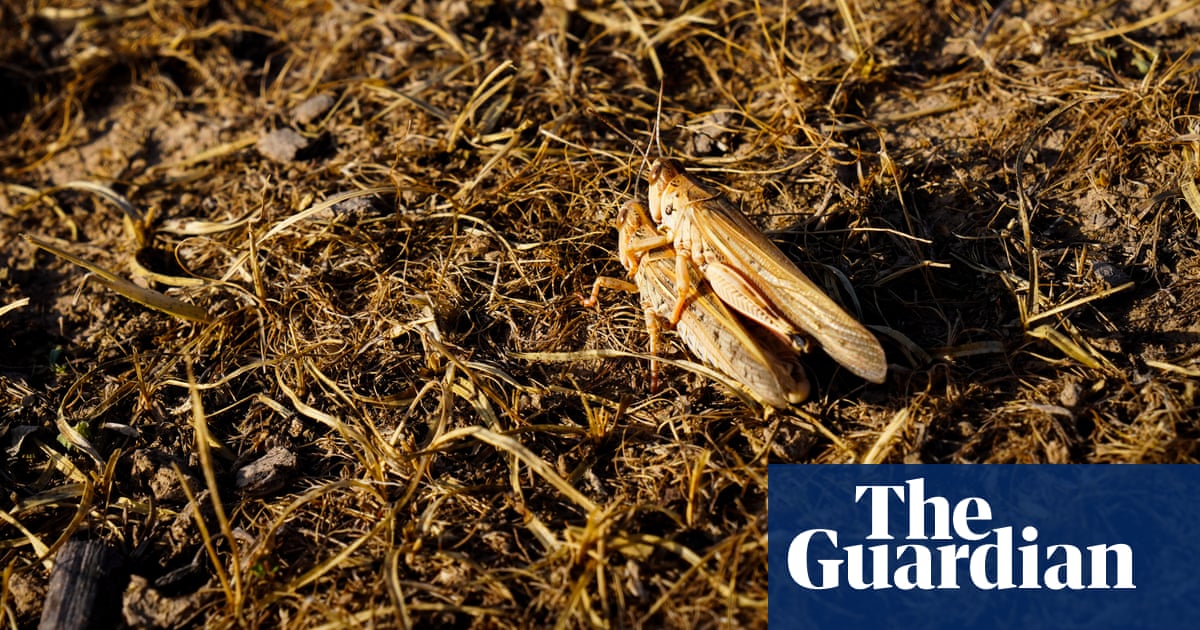
Both the local Kurdish authorities and the Damascus regime are desperate to buy up this produce to feed their people and maintain the peace
The Syrian government is expecting 850,000 tons of wheat from Hasakah
AMUDA, Syria: Gazing over his wheat field in northeastern Syria, farmer Adel Othman expects a bumper crop this year, but two rival authorities squabbling over his harvest have dashed his enthusiasm.
After successive droughts and eight years of civil war, both the local Kurdish authorities and the Damascus regime are desperate to buy up his region’s produce to feed their people and maintain the peace.
In a country where millions depend on bread as a staple food to survive, both want the wheat grown in the country’s northeastern breadbasket region of Hasakah.
Farmers in the Kurdish-held region like Othman have been caught up in the middle, with only two potential sellers, neither offering a satisfactory price.
Our “livelihood should not be transformed into a political bargaining chip,” said the 55-year-old, his sky-blue shirt streaked in places with dry earth.
The regime is offering a better price, but the Kurds have said no wheat can leave the region under their control.
“We’ll sell our crop to the highest bidder,” Othman said in Kurdish by his field in the area of Amuda.“In the end, a farmer needs to make a profit,” he said, his short black hair slightly unruly above a thick moustache.
Farmers are especially eager to sell their crop to make up for poor harvests in previous years, but also to save them from fires — some claimed by Daesh — that have ravaged fields in the region.
Long marginalized, Syria’s Kurds have largely stayed out of the eight-year civil war, instead setting up their own institutions in areas under their control.
But they did lead the US-backed fight against Daesh in Syria, and are now hoping that will give them leverage in retaining a degree of autonomy in the northeast.
“The Kurds do not want to let wheat out because the production is barely enough to feed the local population,” Syria expert Fabrice Balanche said.
“If the wheat went off to Damascus because of the higher price, it would cause a food crisis,” he added.
According to the World Food Programme, 6.5 million people in Syria are “food insecure,” or do not know where their next meal is coming from.
This year Syria is anticipating an ample crop yield after abundant rain, following a wheat harvest last year that was the worst since 1989.
The Syrian government is expecting 850,000 tons of wheat from Hasakah.
The head of the Damascus government’s agriculture office in Hasakah, Amer Sello, told AFP he expected to snap up most of the province’s harvest.
“Government cereal reception centers will see growers flock because of the attractive prices,” he said.
The Kurds last month increased their buying price for a kilo of wheat from 150 to 160 Syrian pounds ($0.37), but that is still not enough to compete with the regime’s offered 185.
The Kurdish grain authority chief, Salman Bardo, accused the regime of announcing its higher price “to sow discord between the people and the autonomous administration.”
The Kurds would not permit the regime to ferry the cereal to other parts of Syria, he said.
“We will not allow it to leave northeast Syria,” he added, without providing further details on how this would be achieved.
Syria’s war has killed more than 370,000 people since it started in 2011 with the brutal repression of anti-government protests.
After successive Russia-backed victories against rebels and militants since 2015, President Bashar Assad’s regime today controls some 60 percent of the country.
But Syrians in these areas are struggling to get by in an economy ravaged by war, as well as facing fuel shortages the regime blames on international sanctions.
“Assad needs access to cereal crops in northeast Syria to prevent a bread crisis in the areas of western Syria that he controls,” Syria analyst Nicholas Heras said.
But in the almost 30 percent of the country they control, the Kurds and their US ally also need to cling on to the wheat as a trump card in ongoing negotiations.
Damascus and the Kurds have started talks to discuss the future of the northeast, but so far without success.
At a national level, endless rounds of UN-brokered peace talks have also failed to end the war.
“Wheat is a weapon of great power in this next phase of the Syrian conflict,” Heras said.
And the Kurds and their US ally “have a significant stockpile of this wheat weapon,” Heras said.
“It can be used to apply pressure on the Assad regime, and through the regime on Russia, to force concessions in the UN-led diplomatic process.”












